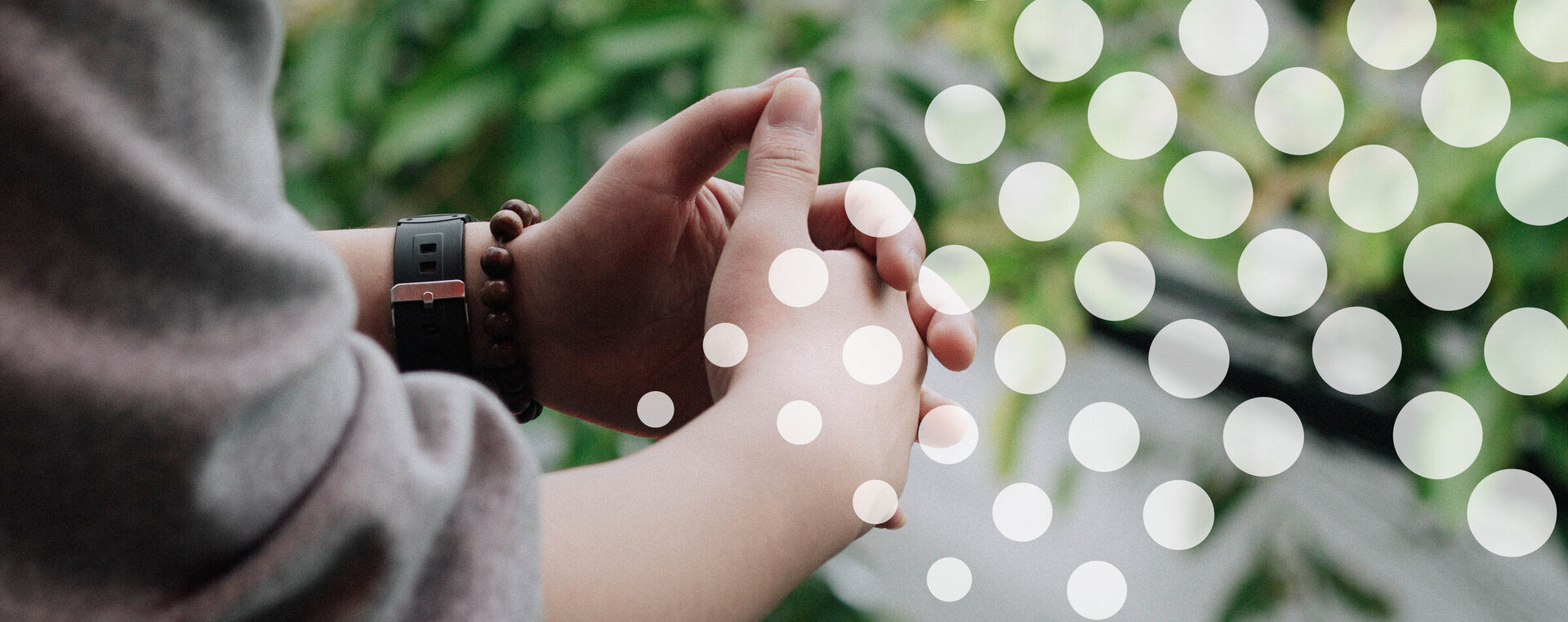Do you recognise different forms of depression?
Perhaps you weren’t aware that there was more than one form. Yet throughout lockdown, you may have unexpectedly gone through what many people refer to as ‘down’ days.
Unsurprisingly, this is a subject I’ve heard a lot about over the past weeks. Several of the employees I support have mentioned experiencing ‘down’ days for the first time, or that they are supporting a loved one who is going through them.
These days can feel particularly terrifying if you haven’t experienced them before. It may even feel as though you will never feel happy or positive again.
I understand this feeling well.
I’m one of many people who has experienced depression. Mine was following a short sequence of traumatic events over twenty years ago.
I remember that the health providers I spoke with back then seemed to want to ‘label’ me in different ways. It seemed as though there was a plethora of depression categories, all competing to be chosen for a diagnosis.
When I describe that period of my life now, I often explain that I was experiencing situational, or reactionary, depression, in recognition of the fact that my depression was a reaction to the specific life challenges thrown at me.
What is situational depression?
It’s a short-term, stress-related type of depression, that develops after you experience a traumatic event, or series of events.
Situational depression could be described as more of an adjustment disorder; one that makes it difficult to live your usual, everyday life following a traumatic event.
Employers should be aware that the Covid-19 panic may potentially trigger a ‘ripple effect’ of situational depression that could last for many months, as their employees begin their return to some element of normality.
What are the symptoms of situational depression?
Symptoms of situational depression vary. They can magnify the intensity of current stressful life events, and create a severe disruption to daily life.
Receiving an official diagnosis for situational depression may be unlikely right now, for obvious reasons. However, my own life changed when I began developing coping mechanisms to avoid future ‘hits’, and building my own personal resilience – which are strategies I strongly advocate.
I now look back on those dark moments of my life as enabling me to not only build up my mental wellbeing, but also to help hundreds of people over the years to find their own coping strategies.
We all have the power to remain resilient, during the worst pandemic of our generation.
One last thing...
If this eBook on Situational Depression feels relevant to you, please reach out to your G.P, or call the Samaritans on 116 123, call them any time night or day.
